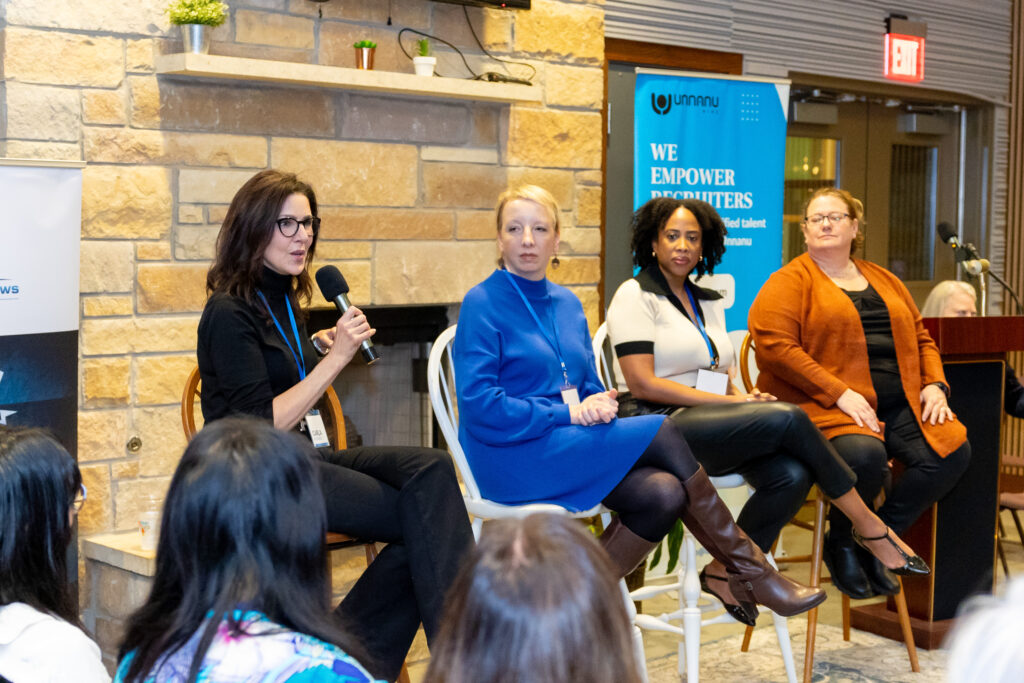
Women entrepreneurs continue to face significant systemic barriers in accessing capital and building businesses, despite making up 40% of business owners, according to a panel of prominent female business leaders and investors at a recent Female Founders Outlook event.
EisnerAmper, Unnanu, Active Capital, Lumen Insurance Technologies, and Perkins Coie sponsored the Second Annual Female Founders Outlook 2025 at Zilker Lodge, which benefits Austin Sunshine Camps.
Carla McDonald, founder of Dynabrand Ventures and Chair of Austin Mayor Kirk Watson’s Task Force for Women Entrepreneurs, highlighted that the percentage of venture capital funding going to women founders has remained stagnant at around 1-2% over the past decade, and in some cases, is declining.
“I also want to say that Angel investing is the brightest spot in this bleak and dismal kind of ecosystem because 40% of all Angel investors are women,” McDonald said. “I always encourage women to go seek out Angel investments I think they’ll have an easier road.”
Lauren Washington, founder and CEO of Fundr, developed a platform to change how startups get funded after witnessing systemic barriers in traditional funding models that disproportionately affect women founders.
“When it’s systemic, it’s insidious and falls into a lot of different categories,” Washington said. “Some of it is social, some is the fact that networks are really held tight, and most of the capital, particularly those first checks in, are made through who you know. It’s who you are connected to and women are often left out of some of those networks. It’s still unfortunately a bit of an old boys club some of it is around internal and unconscious bias.”
The panel, which included investors, a banking executive, and education leaders, identified several key challenges:
- Women founders typically receive half the funding amount compared to male counterparts pitching identical business plans
- Female entrepreneurs often undervalue their companies during fundraising
- Access to networks and meaningful mentorship remains limited
- Legal and political pushback against programs designed to close funding gaps
Heidi Leach, VP of startup banking at JP Morgan, emphasized that women entrepreneurs often undersell themselves. “When we price our products, we price them too low, which affects our ability to have strong profit margins,” Leach said. She also said women undervalue their startups when seeking venture capital.
However, the panel also identified opportunities in the current market. Women entrepreneurs tend to be more capital efficient, which could be advantageous in the current economic climate where venture funding has become more selective.
Mellie Price, executive director of Texas Entrepreneurship at the University of Texas, stressed the importance of educational programs focusing on financial literacy and business fundamentals. “There’s a lot of shame that people carry about not knowing that,” Price said. “But that’s what it takes to win.”
The panelists emphasized the critical role of mentorship in advancing women’s entrepreneurship, particularly highlighting the value of both traditional mentoring relationships and peer-to-peer support networks.
Carla McDonald, founder of Dynabrand Ventures, advised entrepreneurs to expect challenges. “You’re going to face three existential threats where you think it’s over,” McDonald said. “But it’s really important in that moment to have a mentor who will help you through.”

